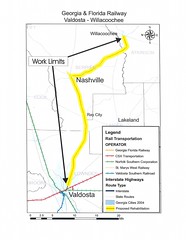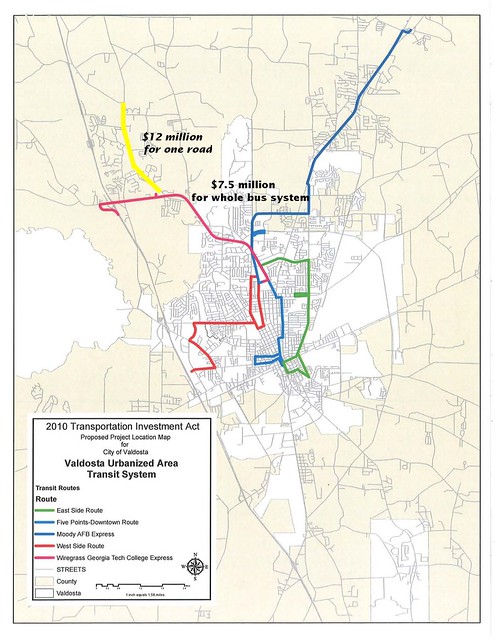Natalie Shelton wrote March 2011 for LaGrange Daily News Online, Parents: Seek other options to school consolidation
There are some unhappy parents and students: Continue readingIn considering the change at West Side, officials noted in last year’s budget proposal talks that about 73 percent of its students are bus riders, brought from all parts of the county. The school posts a per-student transportation cost of $1,198, more than twice the zone average of $529.
“Why is West Side so important to the county?” parent Brandi Kennedy asked. “You have buses picking up kids all over the county to go to West Side.”
Because children are chosen to attend the magnet school through a lottery, Kennedy said she couldn’t understand funding the fine-arts focus of the school when it is not more prestigious than other county schools.








